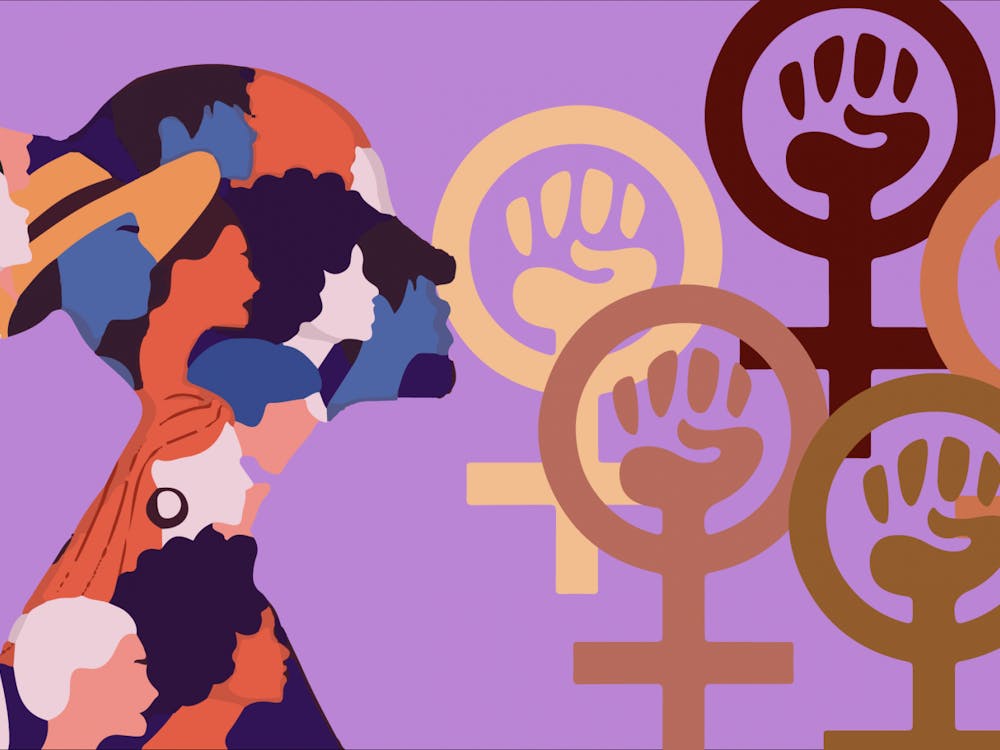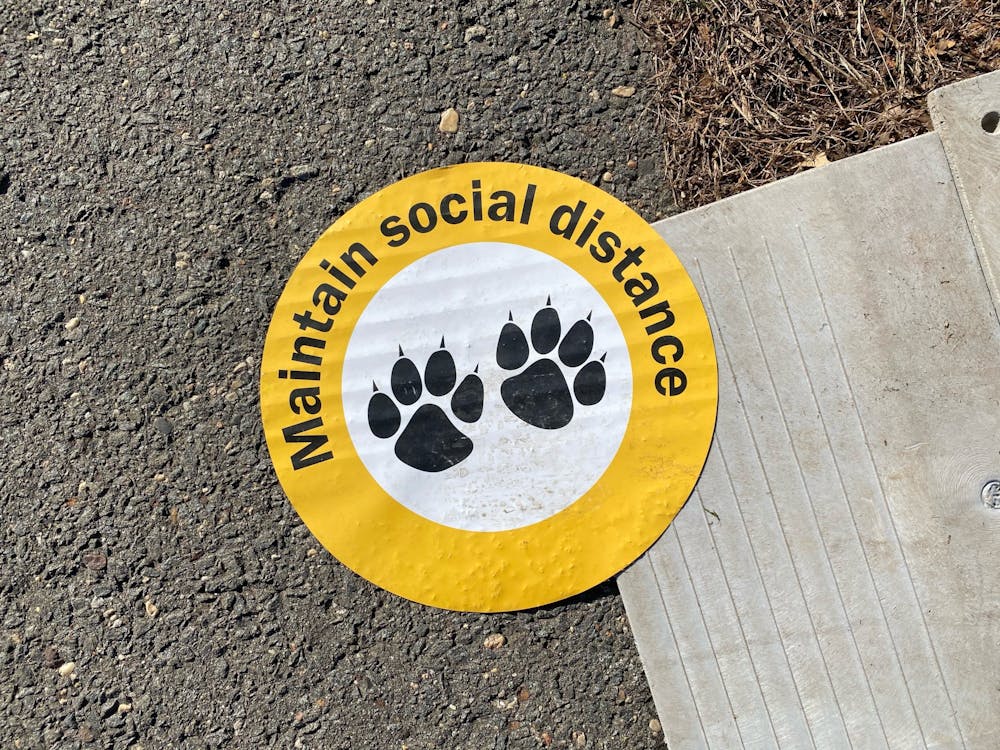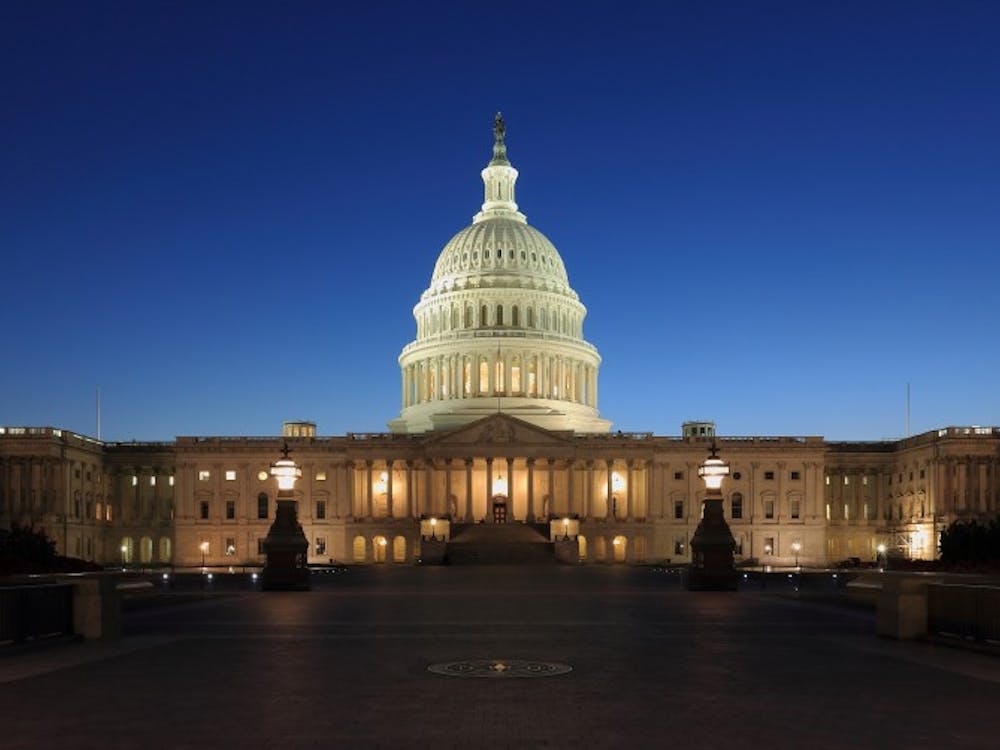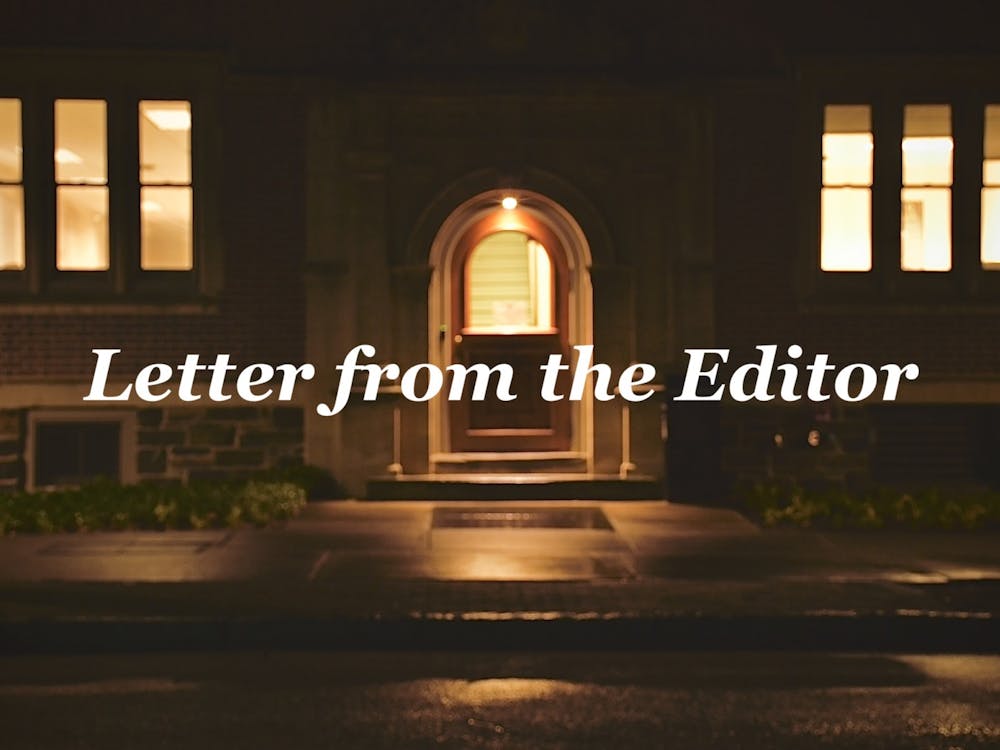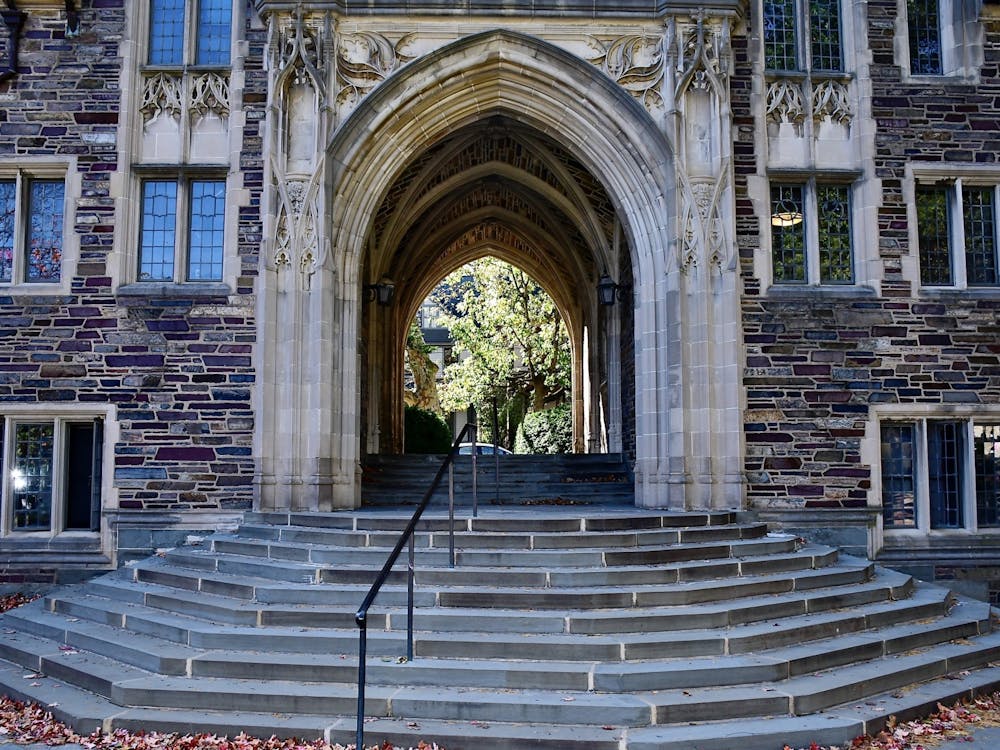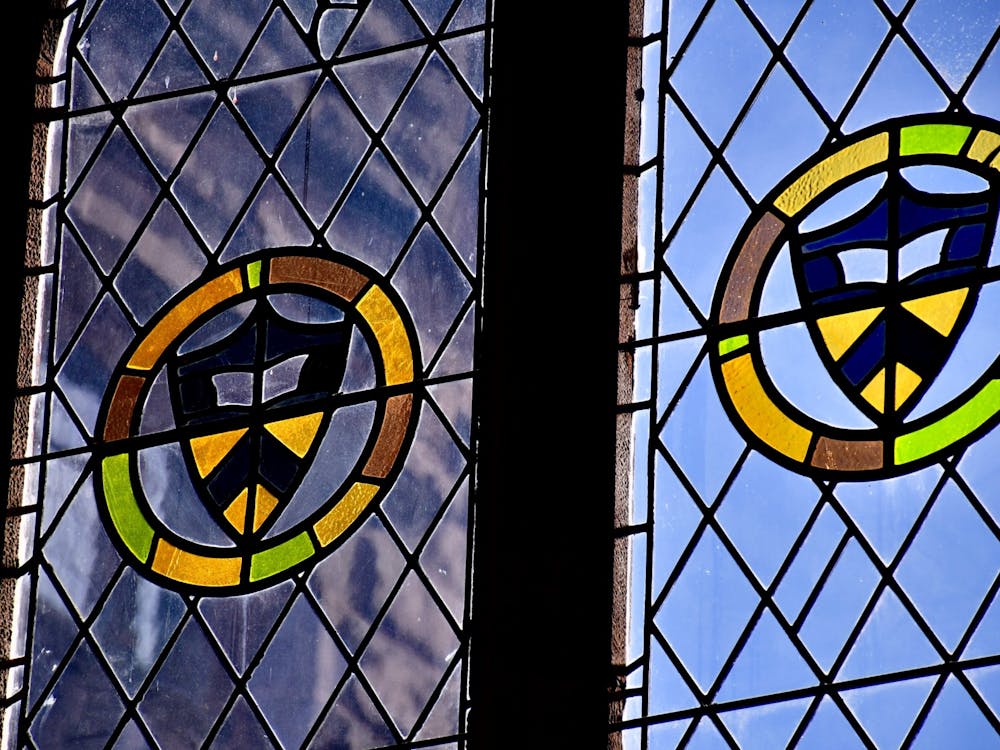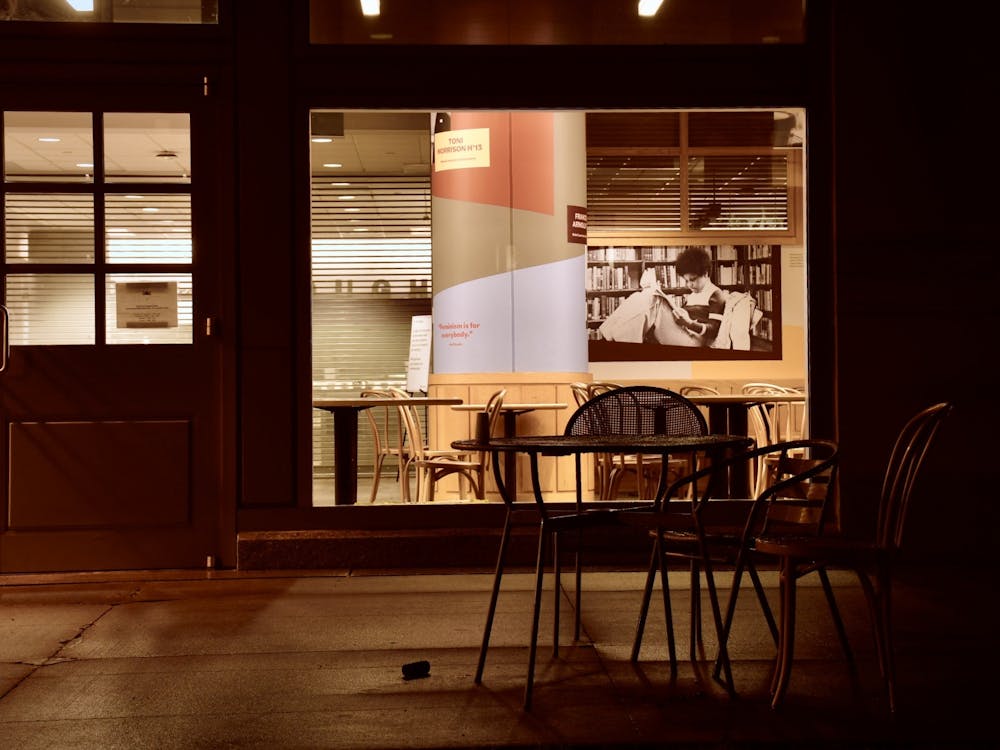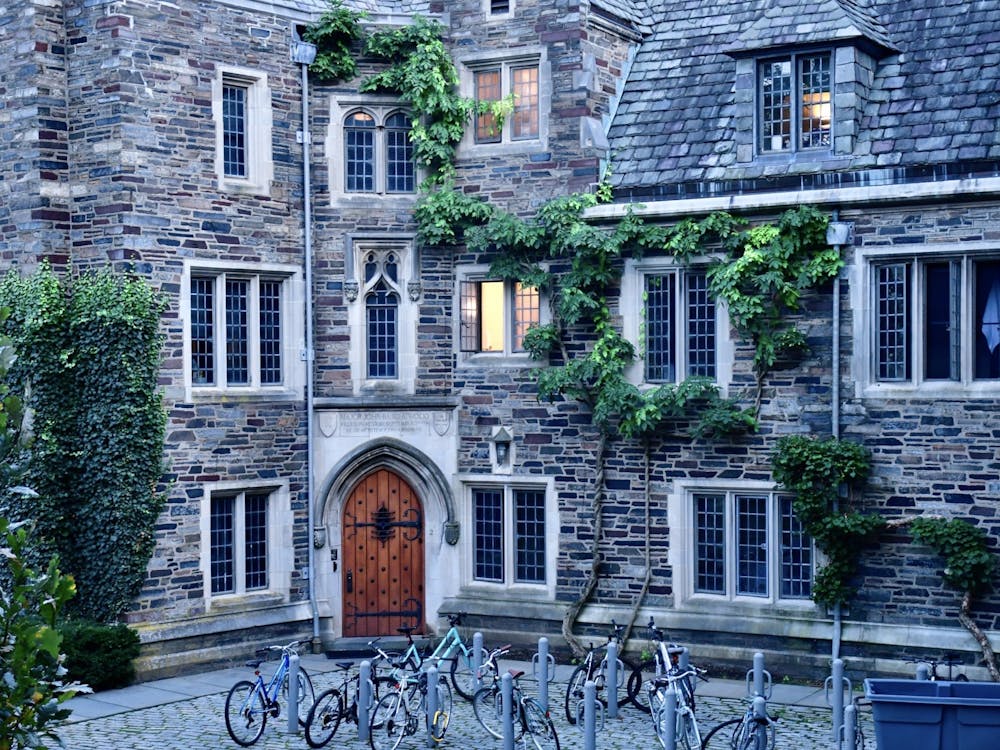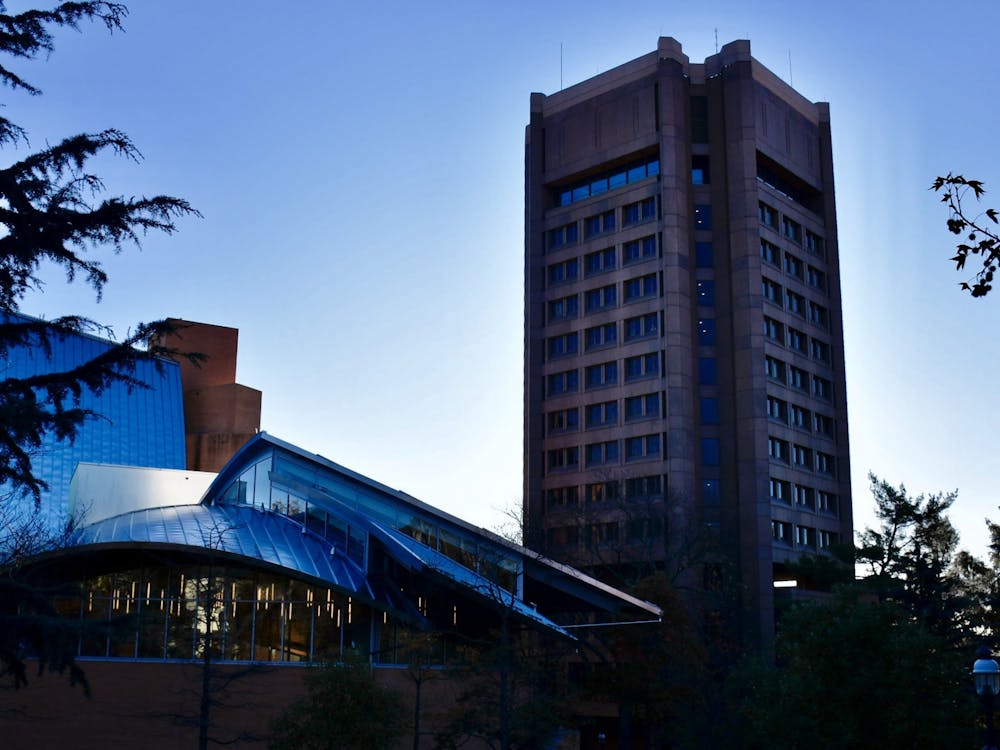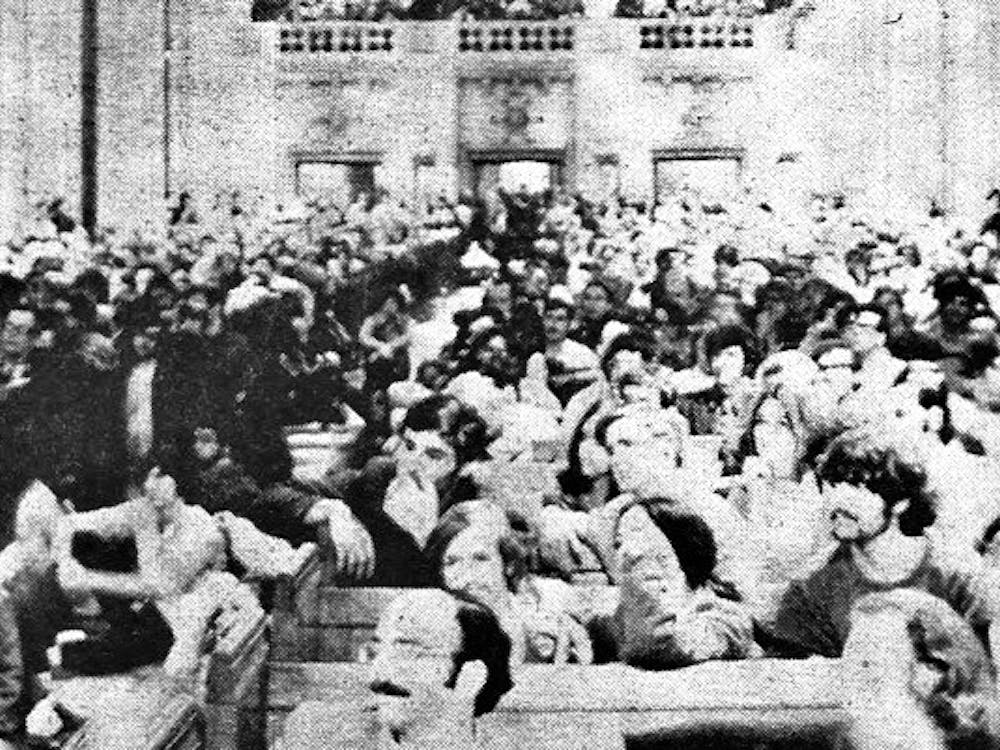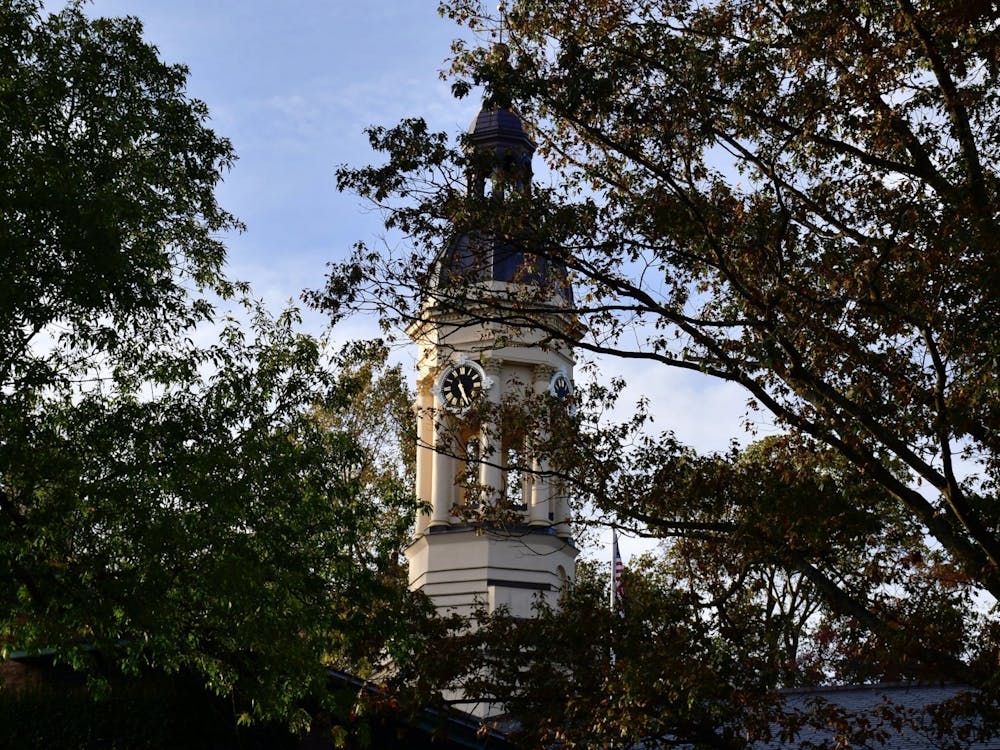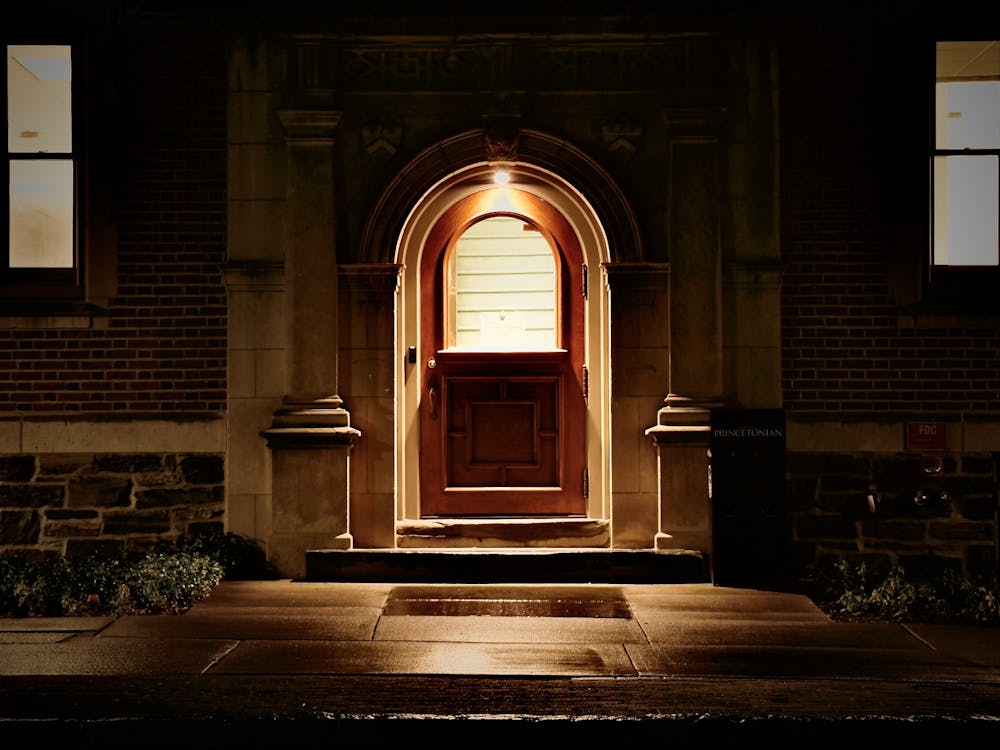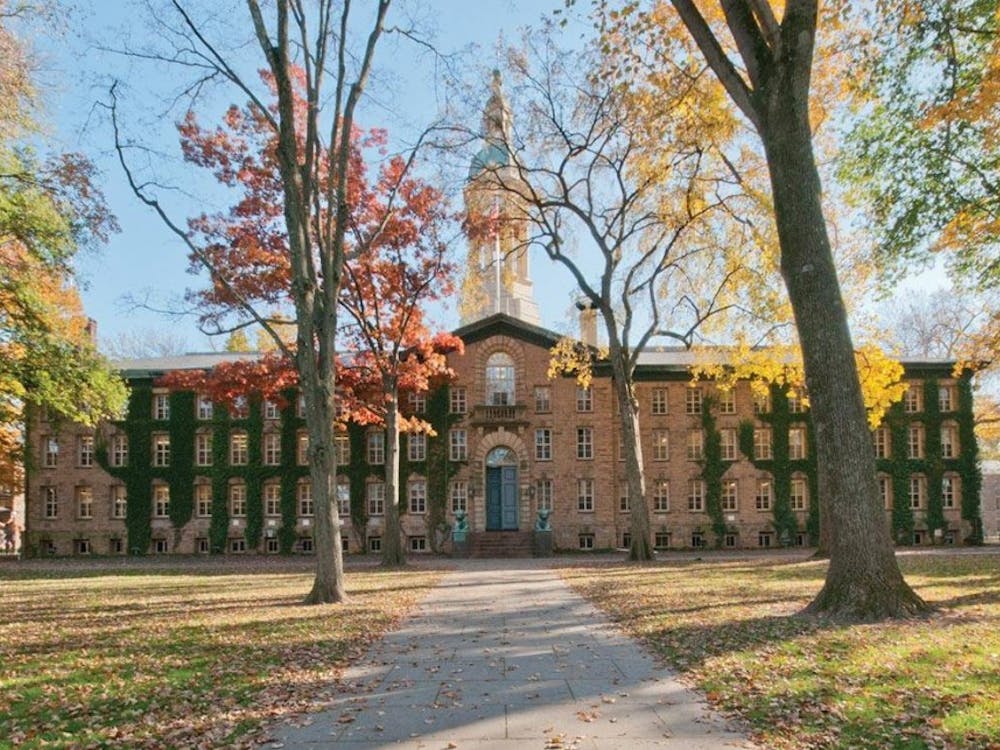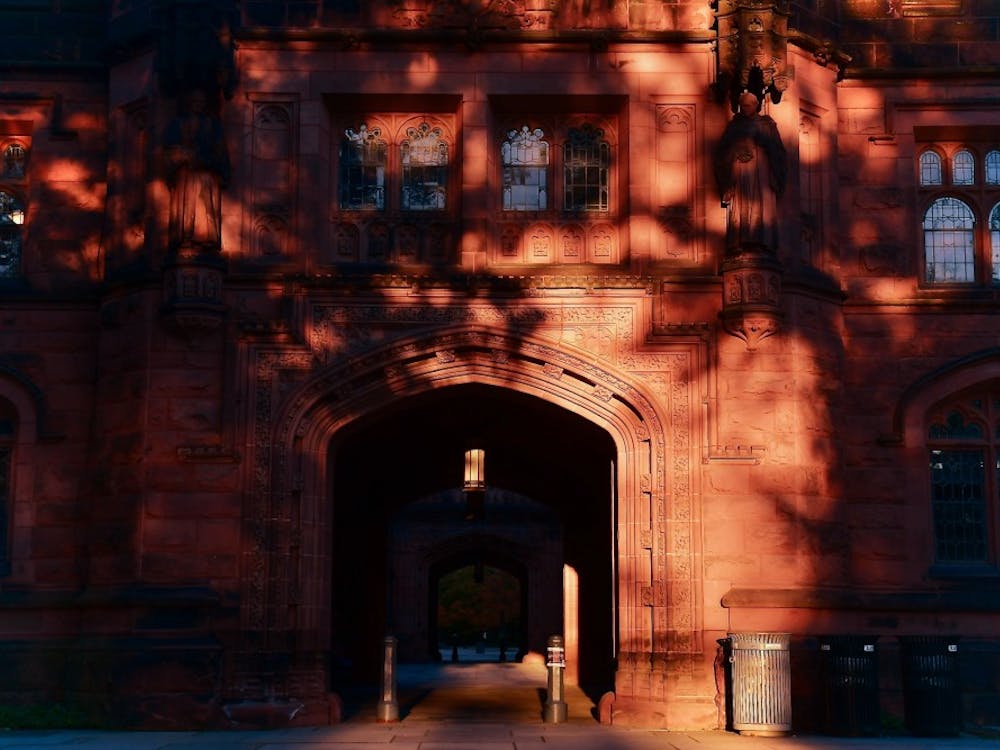To women and other marginalized voices: be proud to take up space
Emma Treadway“To keep speaking loudly and to push back vehemently when your voice is drowned out is commendable. To do so with the grace and poise of the women on this team is extraordinary.”
“To keep speaking loudly and to push back vehemently when your voice is drowned out is commendable. To do so with the grace and poise of the women on this team is extraordinary.”





